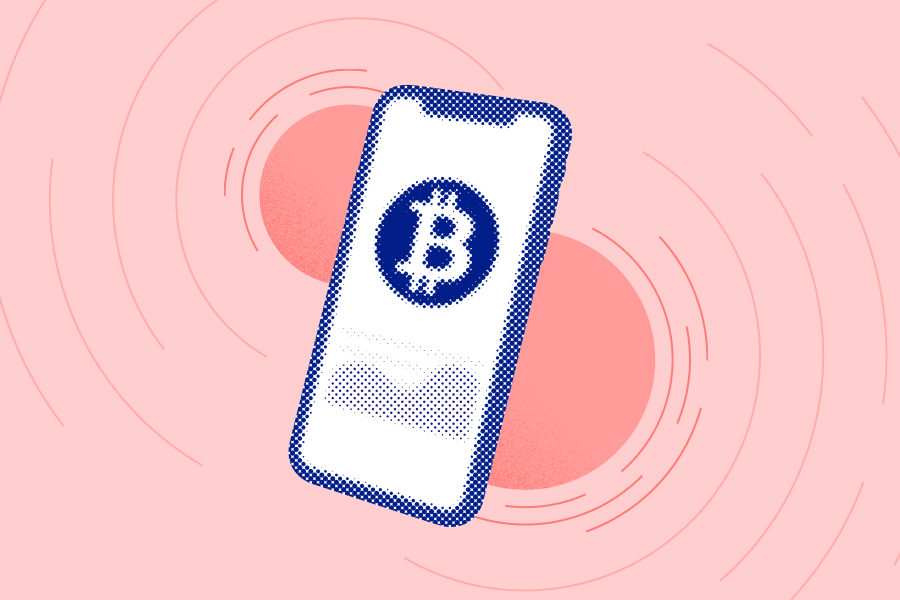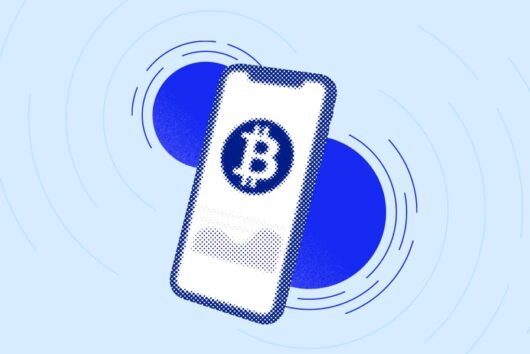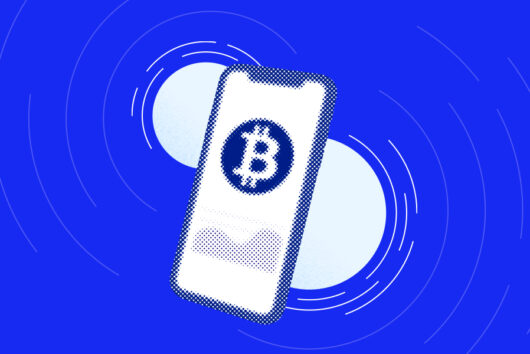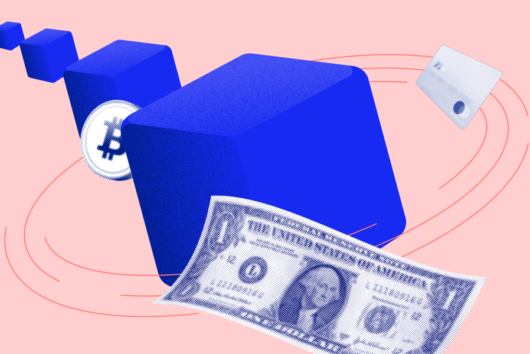What is Bitcoin mining?

While your local currency – whether it’s dollars, pounds or something else – are issued by central banks, new Bitcoins are issued to Bitcoin miners in return for certain tasks they carry out to keep it running. These tasks fall under the broad umbrella of what is known as Bitcoin mining.
When you move money from your bank account to your friend’s account, it’s recorded on a ledger owned and managed by the bank that stores the details of every transaction and verifies that each party involved has enough funds to carry it out. In Bitcoin’s case, there is no bank or other central authority. The ledger is called the blockchain. The blockchain is updated by a network of independent miners who don’t know each other and have no vested interest in the transactions themselves. They are the ones who approve new batches of transactional data known as ‘blocks’ to the blockchain.
This process involves computer systems equipped with specialised technology competing with other computer systems to solve mathematical puzzles. The first bitcoin miner to solve the puzzle adds the block and is rewarded with new Bitcoin. Once this happens, the process then begins again until the next puzzle is solved.
Miners are much like the Ringo Starr of the crypto market. Quite literally hidden in the background or network in our example, miners aren’t usually at the forefront of any discussions or articles you may have read about Bitcoin. But without Ringo, the songs you know and love from the Beatles would cease to exist in the way you remember them and without Bitcoin miners, the blockchain network would lose its security, opening it up to fraud and cyber attacks.
 Discover
Discover Help Centre
Help Centre Status
Status Company
Company Careers
Careers Press
Press

